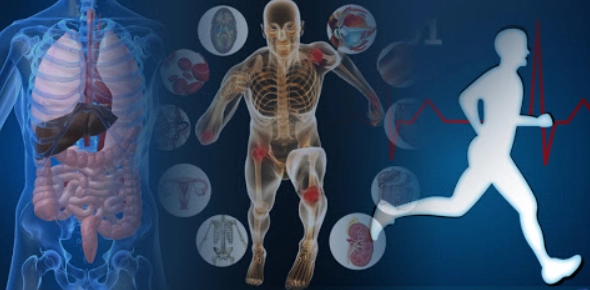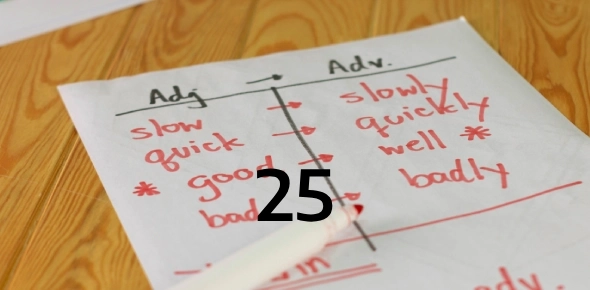
Wondering if you have IBS? Take our comprehensive quiz to assess your symptoms and gain insights into Irritable Bowel Syndrome. Find out more now!
Questions and Answers
What's inside the Do You Have IBS? Take Our Quick Quiz to Find Out Now! quiz
How often do you experience abdominal pain or discomfort?
Do you frequently feel bloated?
Have you noticed changes in your bowel habits?
How often do you experience gas or flatulence?
Do you experience a sensation of incomplete bowel movement?
How do stress levels affect your digestive symptoms?
Do you experience mucus in your stool?
Have you had unexplained weight loss recently?
Do certain foods trigger your digestive symptoms?
How long have you been experiencing these symptoms?
Do you experience nausea alongside your digestive symptoms?
Have you noticed any blood in your stool?
How often do you have urgent bowel movements?
Do you experience fatigue along with your digestive symptoms?
Have you been diagnosed with any other gastrointestinal disorders?
Do you take any medications that affect your digestive system?
Quiz description
Understanding Irritable Bowel Syndrome (IBS)
Irritable Bowel Syndrome (IBS) is a common gastrointestinal disorder that affects the large intestine. It is characterized by a group of symptoms that typically occur together, including chronic abdominal pain, bloating, and changes in bowel habits such as diarrhea or constipation.
Common Symptoms of IBS
- Abdominal pain or discomfort
- Bloating and excessive gas
- Diarrhea, constipation, or alternating between both
- Mucus in the stool
- Sensation of incomplete bowel movements
Potential Causes and Triggers
The exact cause of IBS is not well understood, but several factors may play a role, including:
- Muscle contractions: Stronger or longer-lasting contractions in the intestines can cause gas, bloating, and diarrhea.
- Inflammation: Low-grade inflammation in the intestines may be linked to IBS.
- Severe infection: IBS can develop after a severe bout of diarrhea caused by bacteria or a virus.
- Changes in gut bacteria: An imbalance in the gut microbiota may contribute to IBS symptoms.
Managing IBS
While there is no cure for IBS, symptoms can be managed through various strategies:
- Dietary Changes: Identifying and avoiding trigger foods, such as those high in FODMAPs, can help reduce symptoms.
- Stress Management: Techniques like mindfulness, meditation, and regular exercise can help manage stress, which may alleviate IBS symptoms.
- Medications: Depending on the symptoms, doctors may recommend fiber supplements, laxatives, anti-diarrheal medications, or antispasmodics.
- Probiotics: Supplements that improve gut bacteria balance may be beneficial for some individuals.
When to Seek Medical Help
If you experience persistent digestive issues, it's important to consult a healthcare professional. They can help determine whether your symptoms are due to IBS or another underlying condition and recommend appropriate treatments to improve your quality of life.











